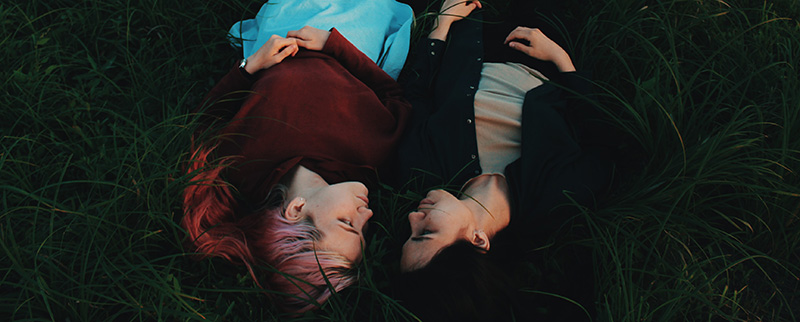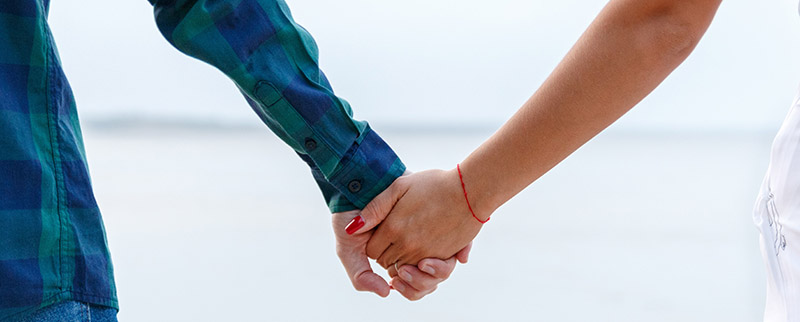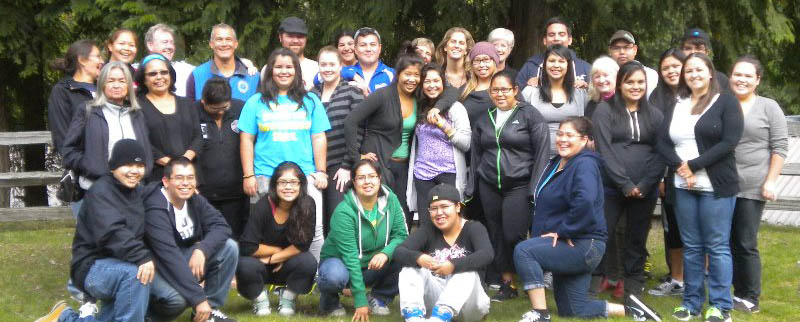
Youth, just like adults, face many stressors. Stress can have negative impacts on individual lives and create obstacles in relationships. In my experience I see youth as young as 13 years old feeling stressed out and overwhelmed on a daily basis.
Stress affects both our physical and mental health. Understanding how each of us experiences stress and how our bodies react can be a powerful indicator in identifying our stressors and decreasing its effects. Symptoms often start in the mind, but are usually not recognized until they manifest in our bodies. Some of the symptoms of stress are: worrying, forgetfulness, exhaustion or feeling overtired, feeling unwell, knots in the pit of your belly, sweating, headaches, body aches and thoughts of running away. Some of the triggers that cause stress are; dating relationships, relationships with parents, lack of money or difficulty managing money, increased responsibility, sexual orientation, gender identity, death or illness in the family, homework, deadlines, grades, social stressors, and graduation.
When we don’t pay attention to stress it can manifest in our lives as unhealthy behaviours, such as drinking or smoking too much, risk taking behaviours, being overly critical of yourself and others, lack of self-esteem or spending a lot of time in front of the TV or excessive online gaming, or/and withdrawing. Stress can be an underlying factor in other mental health issues such as anxiety and depression which can lead to self-harm and suicide.
Once you recognize the signs of stress it is easier to manage how much of an impact it will make in your life. Some of the things you can do when you feel your stress levels raising are:
- Move – go for a walk, hike or bike ride, turn the music up and dance like nobody’s watching. If you have a sport that you enjoy, go out and do it. A regular physical hobby will also help to keep your daily stress down.
- Be artistic – paint a picture, knit a sweater, play your guitar or simply sing a song.
- Giggle – watch a movie that makes you laugh or hang out with those friends, that together, you laugh till your sides hurt.
- Breathe – focus on your breathing. Practice mindfulness, or mediation.
- Volunteer – Do something for someone or simply practice random acts of kindness.
- Gratitude – Think of or make a list of all the positives in your life. Think of all the things you have learned in the last year or an issue that you have moved past.
- Feel – recognize where you are and what you are feeling and understand that nothing is permanent.
- Talk – about how you feel with a friend, parents, or someone that makes you feel safe.
Remember that stress is an individual experience and it looks and feels different for everyone. Everyone will experience some stress in their lives – how you manage your way through it is up to you.
by Sharyn Carroll – R + R Facilitator
SWOVA Empowering Youth for a Better Tomorrow




